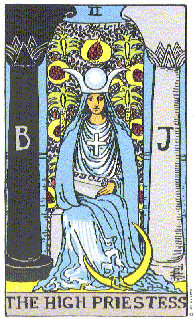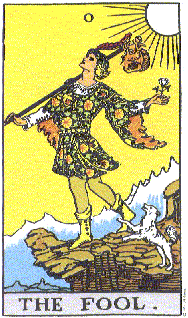



|

|

|
Past |
Present |
Future |
We have the power to see, but need eyes to do so. We have the power to conceive, to witness and understand other realities than the visible and the corporeal (such as are seen by the eyes and held in the hands), but we need organs to do so.
Other realities than the corporeal? This must not refer (as would Platonistic idealism — albeit there being scant evidence that Socrates or even Plato held to such a literalism) to some mystical stuff, tangible only finer, entities or spirits belonging to some plane “higher” than our own. Those would only be more of the same material, corporeal, such as the bodily eye might see if only it could sense their dim refractions. Instead, by “non-corporeal” we might mean to denote such things as dances or baseball games, elections, weddings, rituals of all kinds, acts of kindness or confidence. These are “events,” you might say, and so far that is correct; but they also have form, recognizable shape, come in kinds and variations, instantiating in realities no less real than the corporeal “stuff” of which they are made. Likewise, they have qualities, tendencies, influences.
In fact, it is their tendencies of which the tendencies of our lives are constituted. How do we recognize and foresee this flow? Mainly, in completely conventional terms. “I hate the way he lectures me.” “I am bored with my job.” “I'm going on a trip: I'm scared, but excited.” “I love the way she looks at me.” We hardly have means to step outside the flow and look at it from any perspective apart, any perspective from which we might glimpse the trials and tendencies of the flow as a whole: the actual nature of the habit, the job, a trip, a way of looking at another person.
It is exactly the work of divination to help us do this. Twelve signs and twelve houses in the Zodiac; eight directions; twenty-one major arcana plus one; the cracks on bones or turtle-shells, the shapes of entrails or tea leaves. These provide structures in which the myths of our movements can take shape, the rules of the game, the rites of the dance. It does not matter that the meaning of these cards or lots can be nothing apart from our own meanings. (What does have such a meaning, apart from us?) Rather, their meanings are constituted out of ours, exactly, fitting each other as necessary complements. We ask, “what does it mean?” The outside world offers only arbitrariness in response. Yet out of these random scratches, the magic of the aleatory, we discern the shadows and movements of our own tendencies, influences, fears, confusions, hopes and desires. What else could we discern? What else do we need to?
Composed, contrived out of complex cultural forms, systems of divination such as Astrology, Tarot, the I Ching, need have no special authority other than that of our own perceiving, imagining selves. They are screens on which the self, the most complex, perplexed of creations, can be mirrored and imagined. For this, they work marvelously well, precisely because they embody and provide whole systems for recognizing the larger patterns out of which we are made. Creatures of culture, we are patterns that have walked and thought many times over many lives.
The Internet itself, amidst the whole life of mass culture and mass media, is a workshop for instruments of divination, five-day weather forecasts, market models, advertisements with their promises of changed life and inevitable satisfactions, political and cultural commentary and punditry mostly according to methods we do not question (however we question the conclusions). Why not a divination more conscious, deliberate, questionable? It seems that should tell us more of what we need to hear.
What is signified by the triptych, Moon, Priestess, Fool? Its meaning to me is obvious: what is its meaning to you?